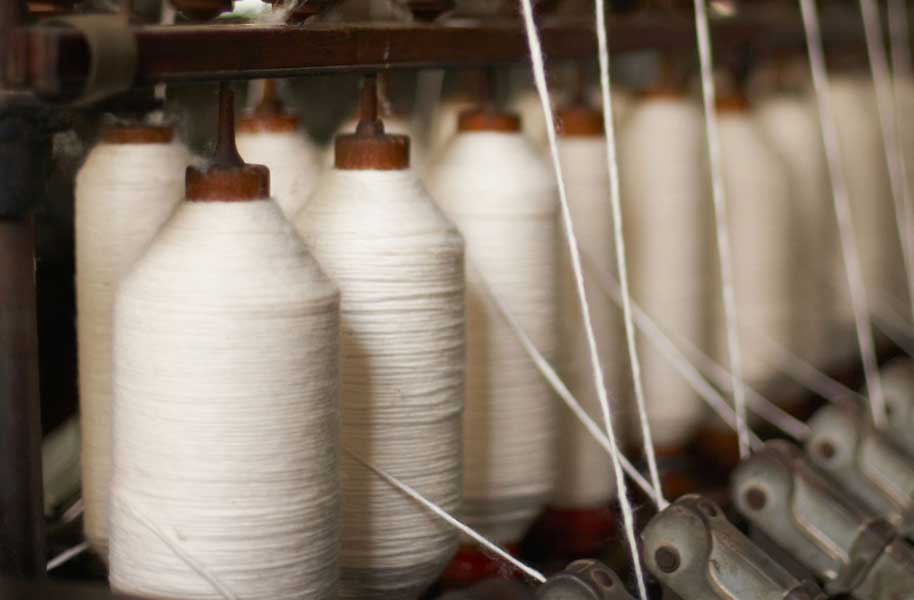
Published :
Updated :

The government has undertaken a move to devise necessary strategies and find a way out to prevent illegal import of yarn with a view to protecting the local industry, sources said.
To this end, the Bangladesh Trade and Tariff Commission (BTTC) is expected to hold a meeting tomorrow with stakeholders, including representatives of Bangladesh Textile Mills Association (BTMA), with the head of BTTC in the chair. Federation of Bangladesh Chamber of Commerce and Industries (FBCCI) Administrator Md. Hafizur Rahman will also be present at the meeting.
An official of the BTTC said they will decide on required steps at the meeting to safeguard the interest of domestic textile mills. Replying to a question, he said no decision has been made on whether to ban yarn imports or impose anti-dumping duty.
Industry insiders claimed that neighbouring Indian textile mills are dumping yarn and fabrics into Bangladesh to harm the local industries.
At a press conference on February 24, the country's primary textile millers demanded withdrawal of yarn imports through land ports. They alleged that garment raw materials are entering the country illegally and being misdeclared in the absence of proper monitoring.
During the conference, BTMA President Showkat Aziz accused Indian textile millers of exporting yarn and fabric to Bangladesh at a dumping rate.
He alleged that sales of yarn and fabrics below production costs create unfair competition for local millers, who are constantly facing higher production costs due to poor gas supply and higher bank interest rate. Those who supply $12 billion worth of fabrics to local market cannot utilise their full production capacity either due to gas shortage, he claimed.
If the illegal import of yarn through land ports continues, the textile sector might face the same fate as the jute mills did, he added. "We have already requested the government to stop importing yarn through land ports and impose anti-dumping duties on Indian yarn. They have already taken over our jute industry, and now they are targeting the textile and garment sectors."
rezamumu@gmail.com


 For all latest news, follow The Financial Express Google News channel.
For all latest news, follow The Financial Express Google News channel.